The Kindle – A Revolutionary Experience for Foreign-Language Reading
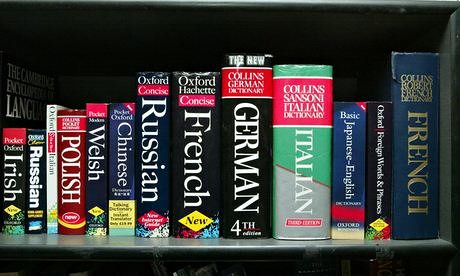 There’s been a lot of wild generalising nonsense in the media over the past few days about how “books are back”, how “ebook sales are down”, and the usual kneejerk fanfaroo the press seem to feel obliged to produce whenever they say anything about anything these days. Whatever happened to rational analysis? Right now the publishing industry is in massive flux; has been for at least a decade; and looks to be for the foreseeable future. All sales data is provisional and has to be seen in the light of continual technological revolution; you simply can’t predict what’s going to happen based on past events and current wobbly numbers. Saying something like “ebooks are sooo 2015” is just going to make you look like an idiot.
There’s been a lot of wild generalising nonsense in the media over the past few days about how “books are back”, how “ebook sales are down”, and the usual kneejerk fanfaroo the press seem to feel obliged to produce whenever they say anything about anything these days. Whatever happened to rational analysis? Right now the publishing industry is in massive flux; has been for at least a decade; and looks to be for the foreseeable future. All sales data is provisional and has to be seen in the light of continual technological revolution; you simply can’t predict what’s going to happen based on past events and current wobbly numbers. Saying something like “ebooks are sooo 2015” is just going to make you look like an idiot.
However, there’s one area of the e-publishing revolution which the media seem to have mostly neglected: foreign language reading. And it’s here where humble devices such as the Kindle Touch have totally changed the paradigm and revolutionised the reading experience for anyone who’s ever tried to read a book in a language which isn’t their native tongue.
I’m such a person. I’m a language nerd, a linguist geek, whatever. I enjoy studying languages, and getting my brain to bend in weird directions to think in ways it never has before. I view learning a language as one of “those” life experiences which qualitatively changes you: humans who have competence in more than one language have brains, thought processes, and world views which are radically different from those who don’t, so much so that – in my humble opinion – learning a second language should be pushed as one of those essential parts of any education in today’s multipolar world.
And there’s never been a better time! When I started to learn languages, whacking great dictionaries were The Thing. With pages like onion skins and usually at least 4 inches / 10 cm thick, these tortuous instruments meant it was almost impossible to read a foreign language book in bed (nod off – broken nose!) or on public transport (book in one hand, 2000 page dictionary in the other – broken wrist!). Sure, pocket dictionaries kind of did it, but it was still damned inconvenient, and in the early stages of language acquisition made reading foreign literature pretty painful.
 Two years ago I bought a Kindle. A cheap and cheerful touch screen model. It took me a while to realise its potential. Sure, the touch screen was neat, but after iPads and touch screen laptops, phones, what-have-you, it was a bit basic and clunky. But, then, one day I stumbled across the “foreign language dictionary” function. Basically, your Kindle comes with the ability to download – for free – dictionaries for most of the world’s major languages. And, if they’re not good enough (they’re pretty good), you can even buy, download and install specialist foreign language dictionaries too.
Two years ago I bought a Kindle. A cheap and cheerful touch screen model. It took me a while to realise its potential. Sure, the touch screen was neat, but after iPads and touch screen laptops, phones, what-have-you, it was a bit basic and clunky. But, then, one day I stumbled across the “foreign language dictionary” function. Basically, your Kindle comes with the ability to download – for free – dictionaries for most of the world’s major languages. And, if they’re not good enough (they’re pretty good), you can even buy, download and install specialist foreign language dictionaries too.
Think about that. When you’re reading a foreign language book, and you come across a word you don’t know, you touch the word on the screen, and the Kindle immediately offers you a translation. As quick and as easy as that. You don’t have to take your eye off the screen; in many cases it hardly interrupts the reading experience. It’s a quantum leap from the old days of language study, where looking up an unknown word would necessitate a break in your concentration of at least a minute or two as you put down your book, picked up the dictionary, and got flicking through. Now, you can just read, and touch words as you go.
I’ve found this even helping with vocab study. Sure, I still note down particularly frequent or troublesome words in a vocab book for later memorisation. But, mostly, I don’t; when I’m reading, I just “touch” the words I don’t know, read the translation, and move on. And I find that simple unobtrusive process rapidly puts those new words into your passive vocab memory, so that the second or third time you probably don’t have to look them up at all.
I expect Kindle users who aren’t native English speakers but who want to read English language books have been doing this for a while. For me, it’s the revelation of the past two years, and I find it utterly changing how I read foreign literature. I’m no longer inclined to think of reading a foreign book as “study”, a separate activity from “reading”; in many cases I can just get cracking on the book and read it pretty naturally, just “touching” unknown words as part of the reading experience itself.
I’m guessing Kindles and similar e-readers are now in schools and university language and lit courses everywhere. And, for me, this isn’t a space where I can see myself going “back” to paperbacks; until I can touch a paperback page and get an instant translation of a word, I’m staying with ebooks for my foreign language reading.
Happy (foreign language) reading – bend that brain! 🙂
Sarah
May 2016, Normandy
Trackbacks
- How Reading Ebooks Changes Our Perception (And Reviews) | Amazonsearch.io
- How Reading Ebooks Changes Our Perception (And Reviews) | Night Owl Club
- How Reading Ebooks Changes Our Perception (And Reviews) – My Life As Prose
- How Reading Ebooks Changes Our Perception (And Reviews) – My e-Records
- How Reading Ebooks Changes Our Perception (And Reviews) - iNFO Vi
- How Reading Ebooks Changes Our Perception (And Reviews) - USVI News

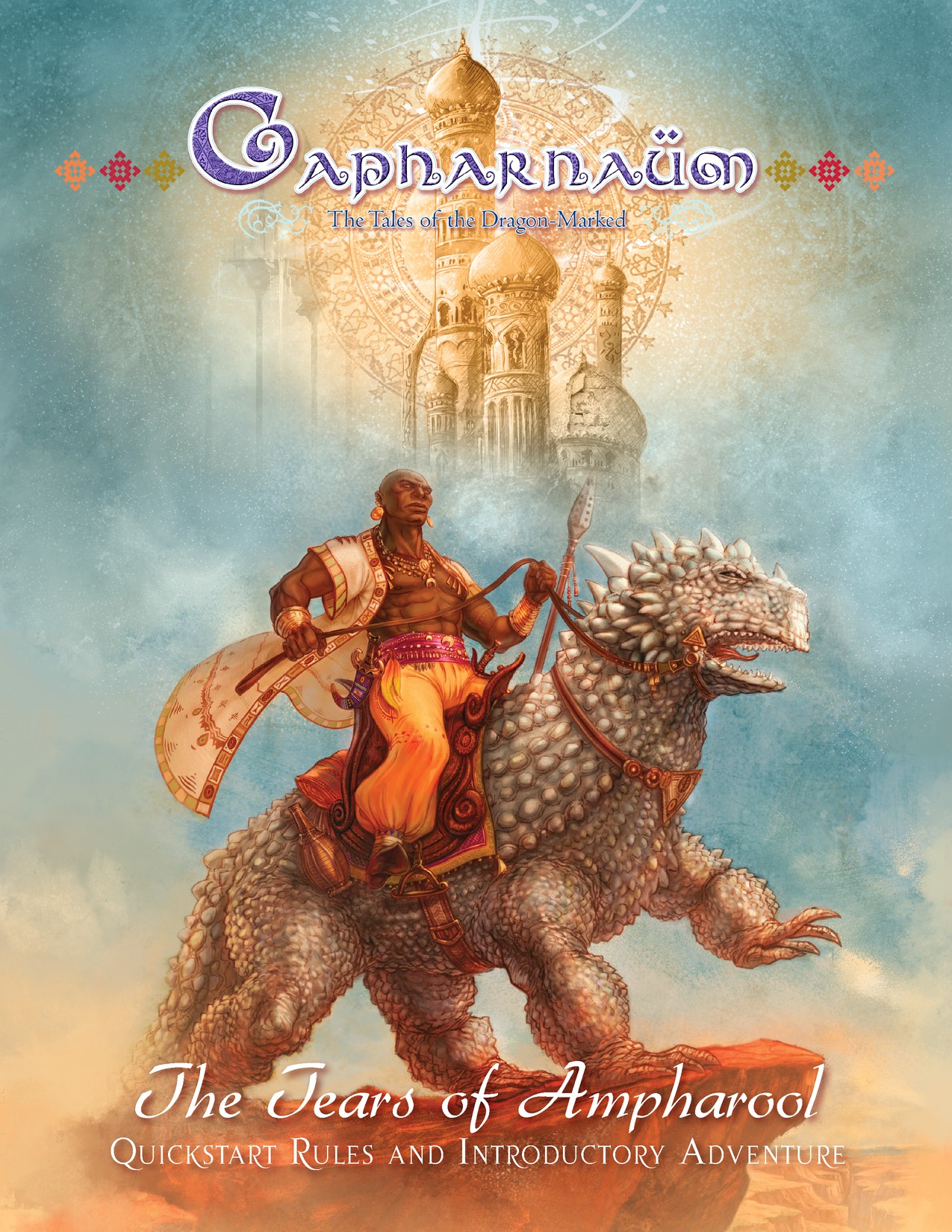


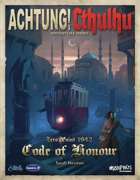




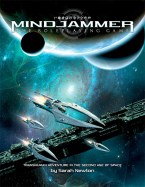




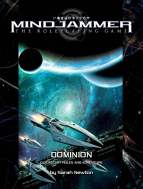

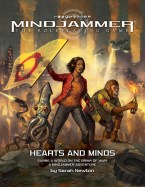










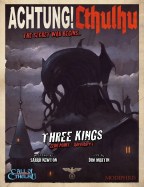
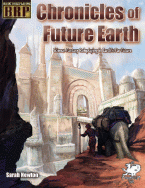




Thank you for sharing thhis
Hi Sarah, I have been using a kindle for instant access to the dictionaries for four years now and not just for foreign languages! Even with paper versions I keep my kindle nearby
Pat